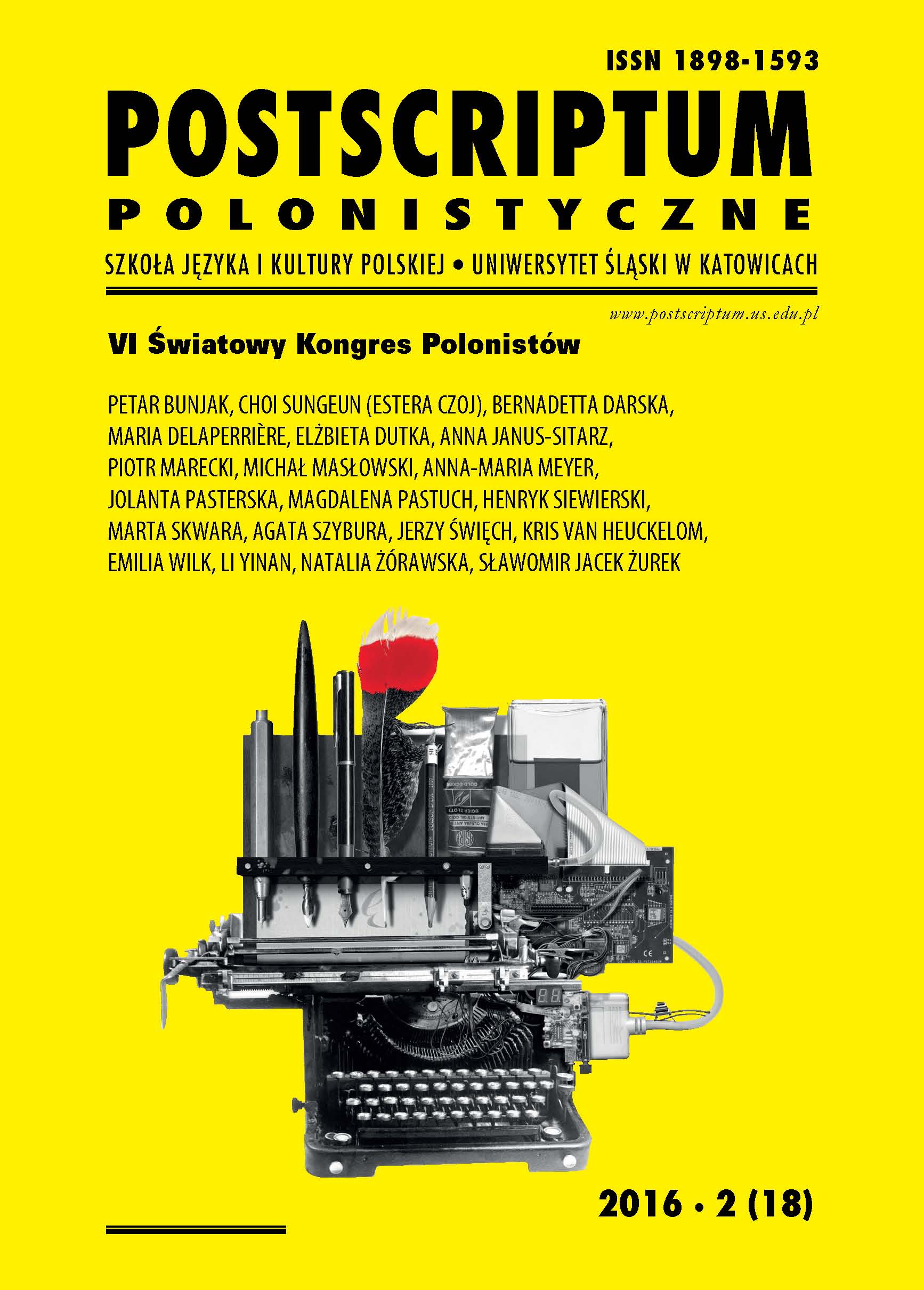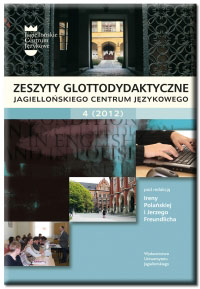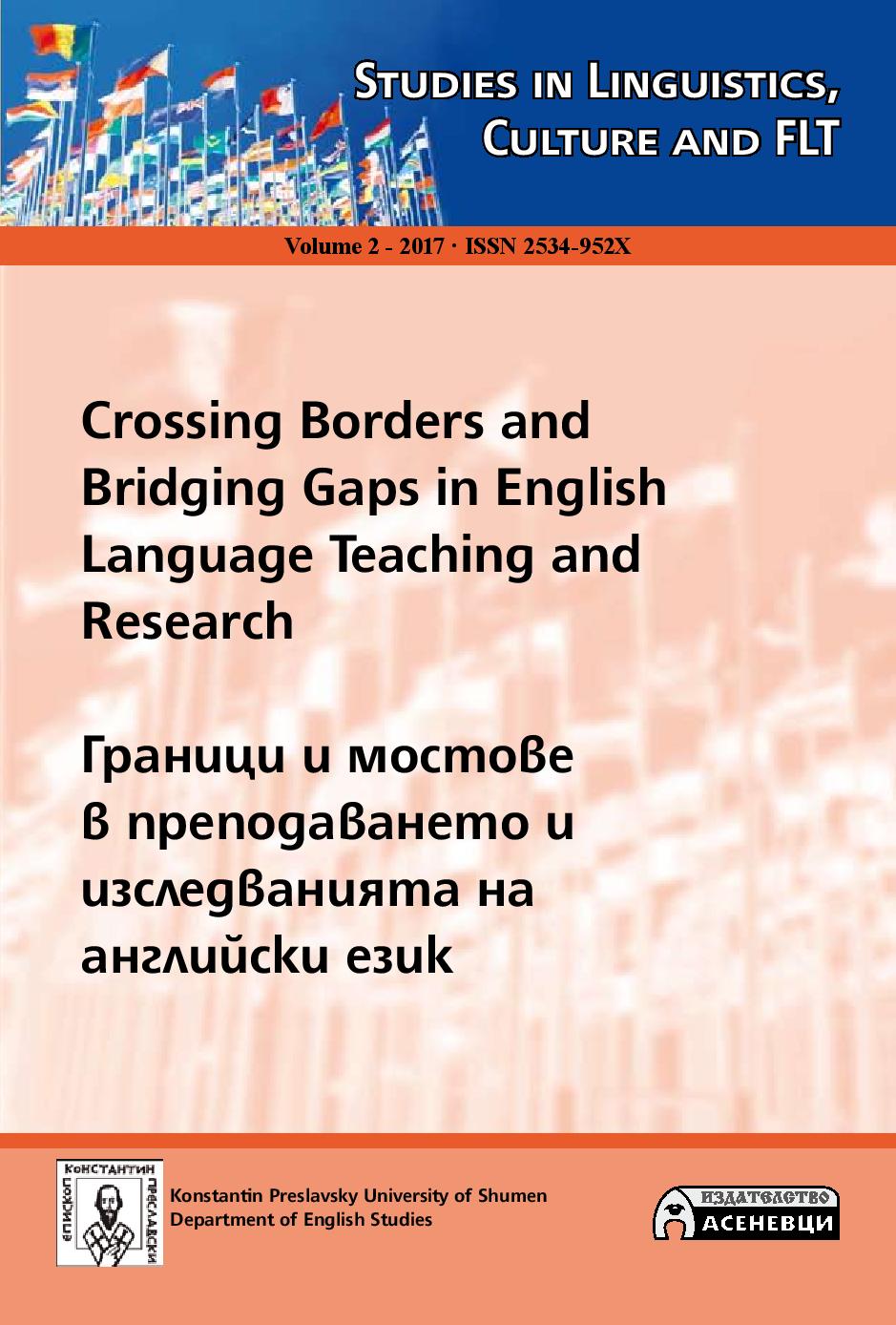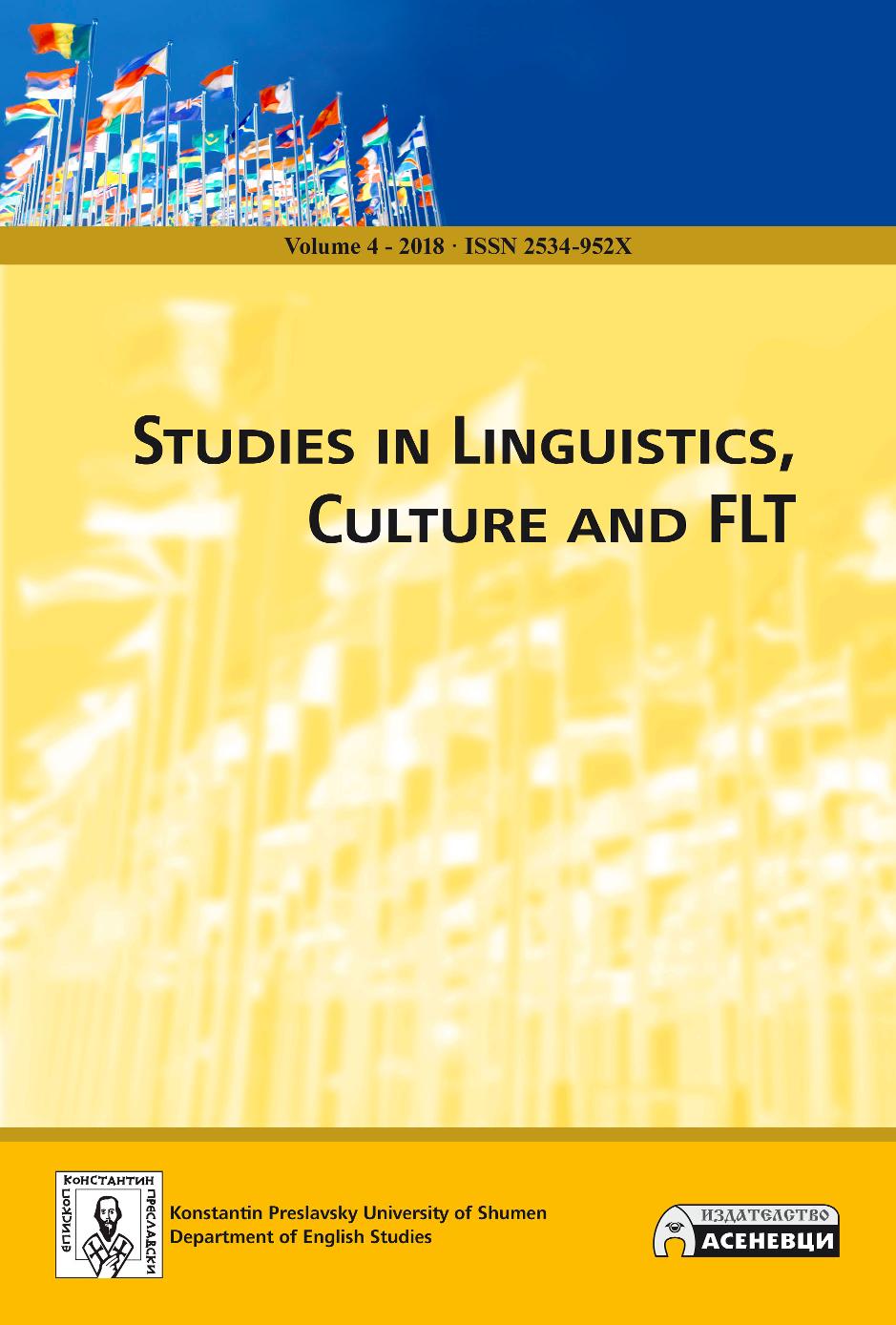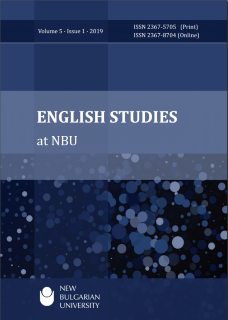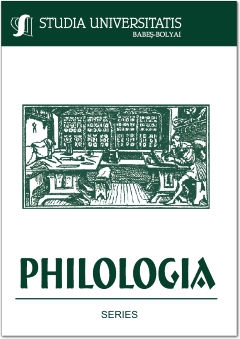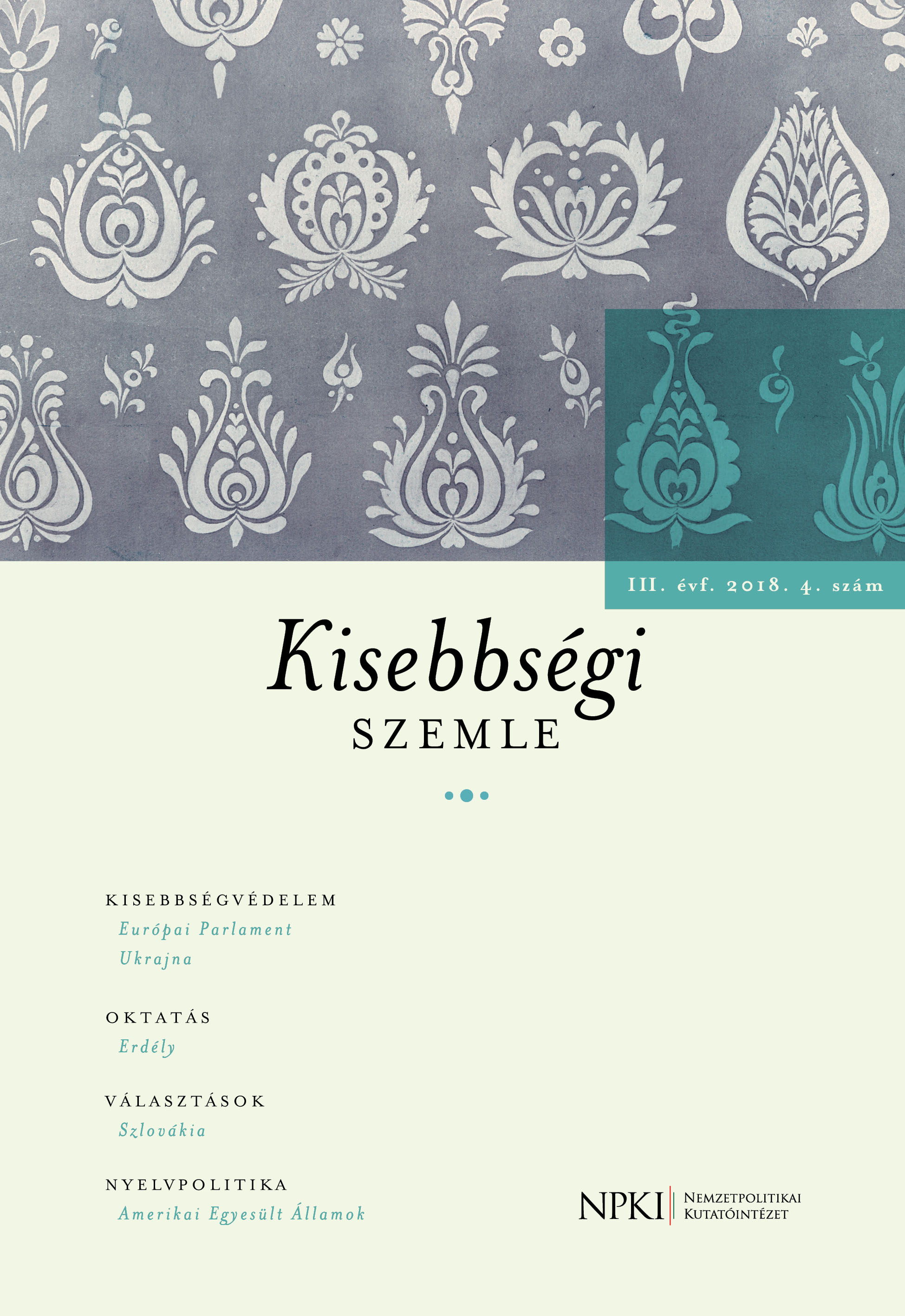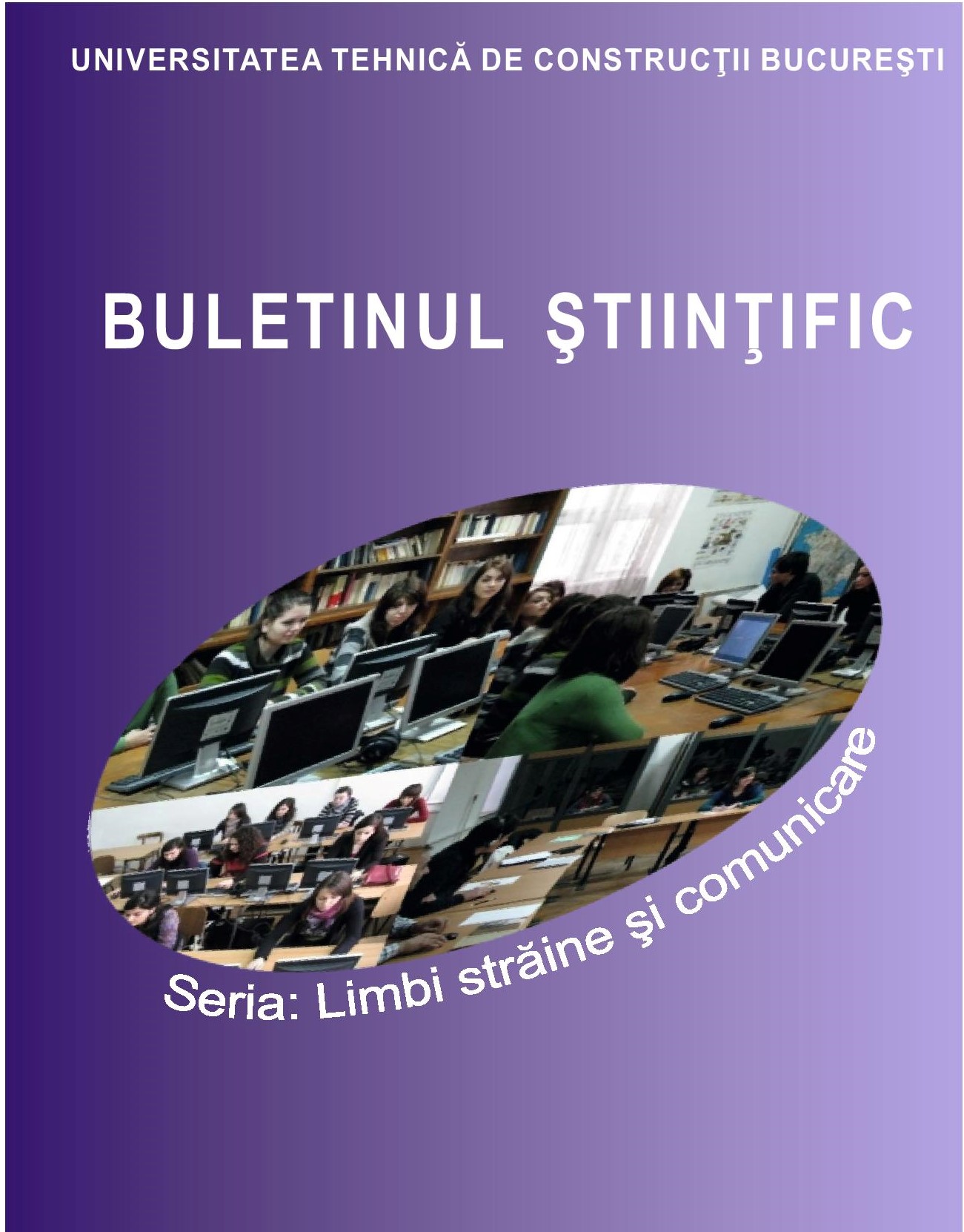
DIFICULTADES EN LA TRADUCCIÓN DE TERMINOS ARGÓTICOS DEL ESPAÑOL AL RUMANO
In the following article we shall analyse the Spanish juvenile jargon, with a focus on its main characteristics and the difficulties arising in the process of its translation into Romanian language. We shall also see that the limited available support material represents an important obstacle for a thorough translation of the jargon terminology. Additionally we shall proceed to a translation exercise in which juvenile jargon terminology from a famous Spanish novel/movie -Historias del Kronen, of Jose Angel Mañas, is translated to both standard and jargon Romanian language. Based on the translation exercise we shall draw our conclusion in relation to the difficulties implied by the translation of juvenile jargon terms.
More...
